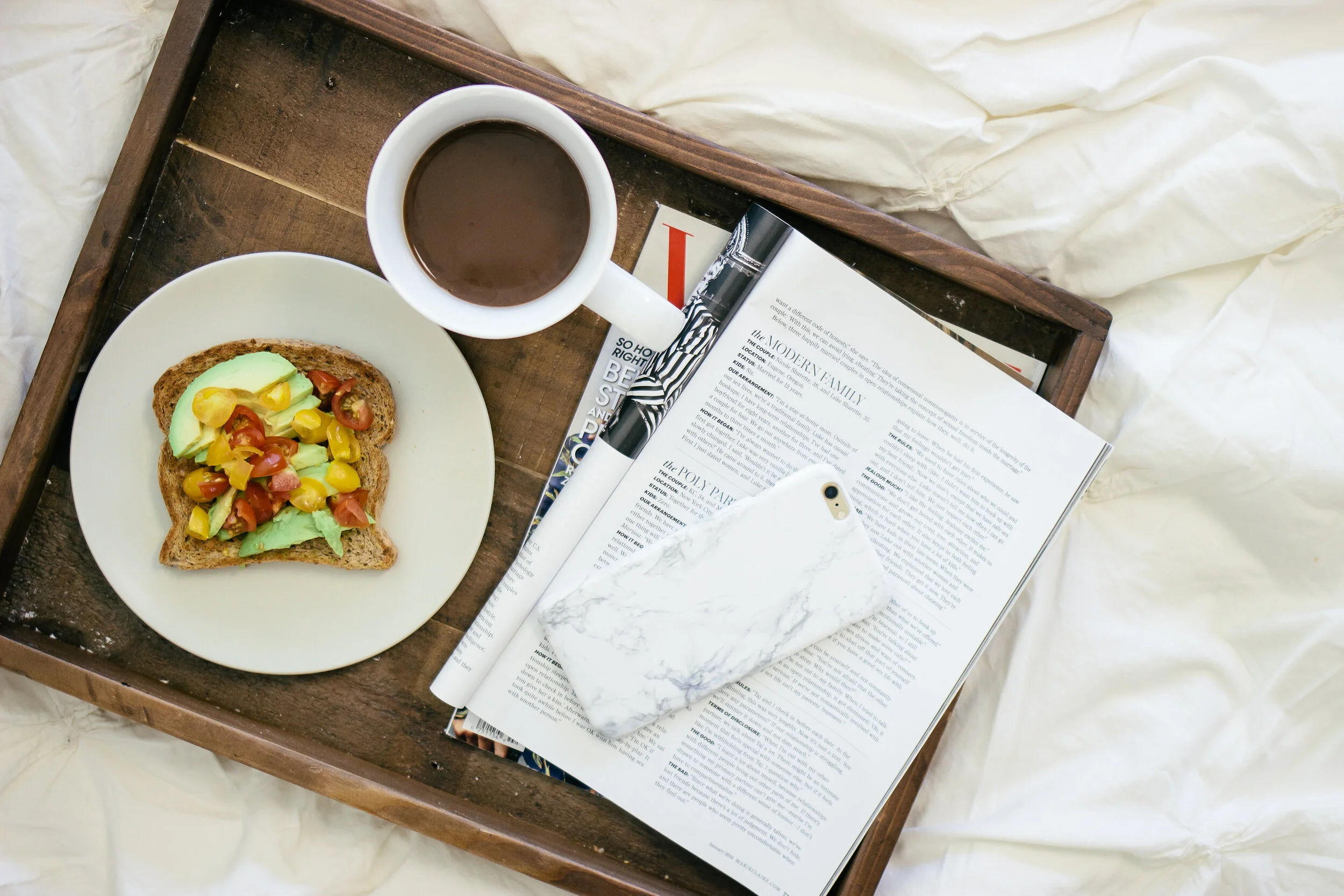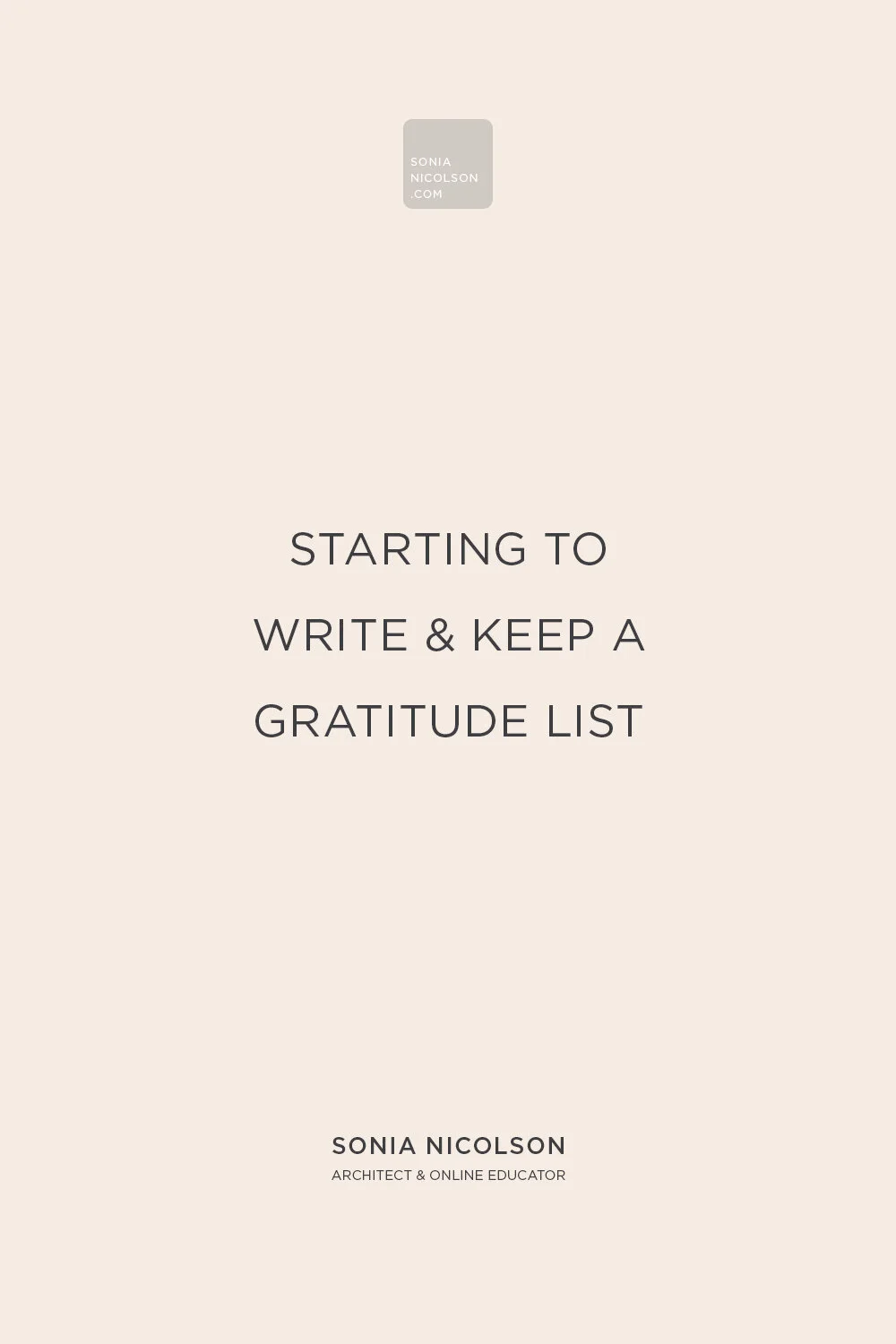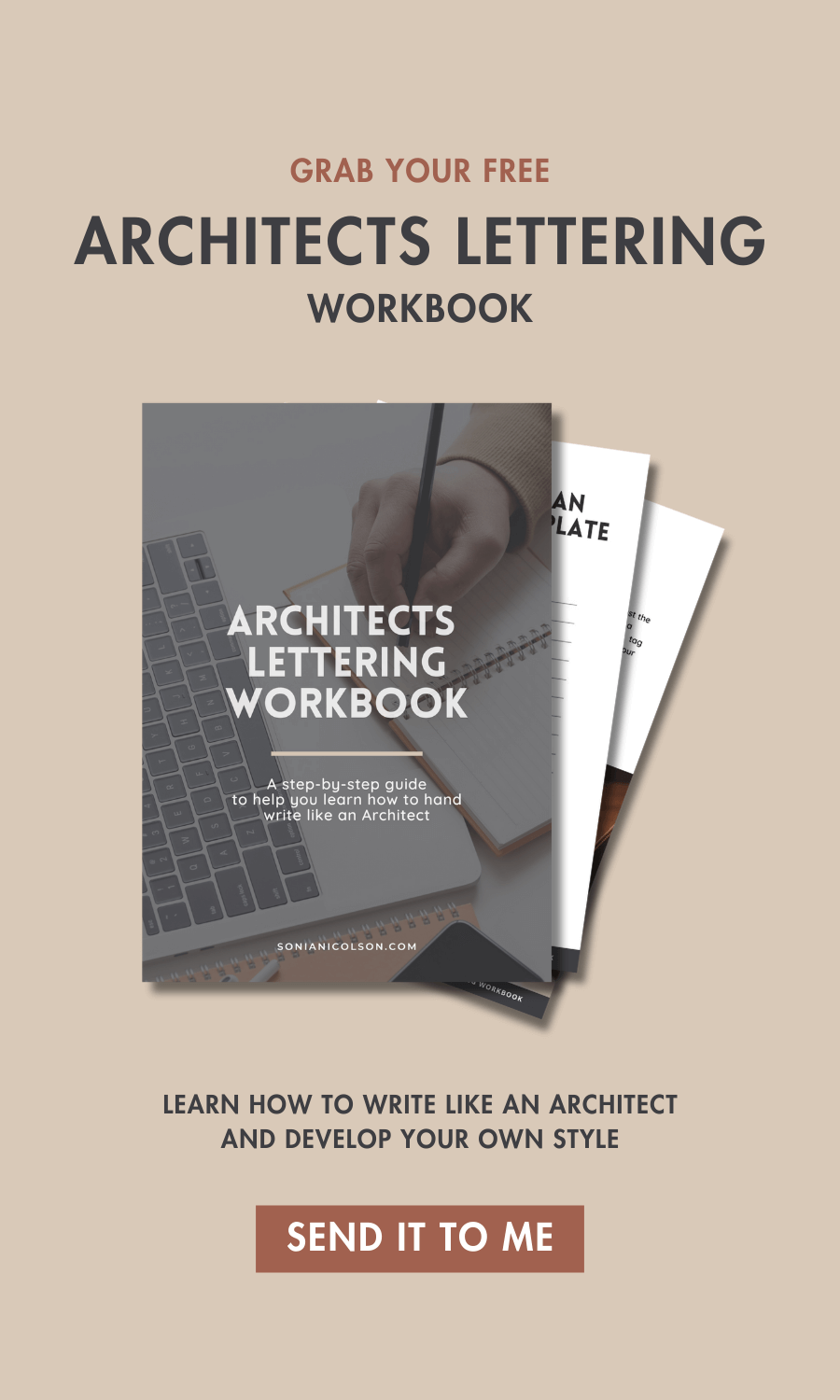My Recession Survival Story
/Recessions happen
And they’ll happen again, so it’s a good idea to not only prepare ourselves, and our businesses, but also think about what we’re consuming and listen to right now in the hope of staying sane and finding the little glimpses of hope and happiness. There are some positive things that can come out of challenging economic times, but where are those stories?
There is so much worry and anxiety out there right now, and I want to share a little bit of hope so I’m sharing my story from the recession of 2008 - it started out pretty damn doom and gloom but boy, was it an adventure and I have no regrets.
Watch The Video
at the start of my career
I was just at the start of my professional career as an Architect. I remember standing in a sandwich shop, at lunchtime, buying my lunch and looking over the newspaper front pages seeing graphics and headlines about the economic downturn and job loses. Naively, I didn’t think it would affect me. I knew it affected the economy, things like house prices but not me, not my job. I was in for quite a shock.
I had it all; a promising career, a boyfriend, and had just bought my first home. But then there’s never a good time for this kind of thing to happen.
chartered architect
When the recession hit, you could feel the atmosphere change. I was undertaking my professional exams to become a Chartered Architect. Studying hard, late one night, I got a call from my brother telling me that my Dad had passed away. I dropped everything and went to the hospital. Over the next few days, I stayed home with my family, and in that time my lovely new home was broken into and ransacked. My laptop was stolen, study notes and all.
My exams were looming and I had to get my head down and pass, if not for me, for my Dad and my family. The written exam was a 48hour test under examination conditions, so I was locked away in a back room of the office. This meant I was almost unaware of what was going on in the office, other than when I popped out for a cup of coffee. The atmosphere was different, not everyone was there and some were clearing their desks. At the end of day one, I had to know. My boss came into the room and I asked him if I still had a job. He told me they had to let me go.
I packed up everything and left. I left the office, the exam, called my Mum and sister who met me at my home with some comfort food. We ate, chatted, got upset, got angry, cried, and then I went back to my exam and got it done. A few weeks later I found out I passed.
A Chartered Architect at the start of my career, and unemployed. I managed to get a temporary contract and worked on some fabulous listed buildings, this gave me great experience but the contract came to an end.
Considering self-employment?
I looked into being self-employed but I had little experience and there were not a huge amount of jobs to go after. I needed something to focus on, put my energy and brain into so I set up Layoutlines. I was updating my CV and portfolio, and spending hours on LinkedIn. One day I got a message from a recruiter for a Design School in Singapore. It felt so surreal, out of the blue in a sea of unemployment and negativity. I followed up and was soon on a skype interview.
headed to India
They offered me a job teaching architectural design in one of their new campuses in India. I was to be part of the team setting up this campus, recruiting students, and then teaching their design degree programs. Within weeks, they flew me over to Singapore to be trained up and given the teaching materials before arriving in India, where the real adventure began.
the academic chapter
My time teaching was incredibly rewarding and I loved the staff I worked with. We built our campus, our curriculum, and our academic team. We had such a great atmosphere and created lots of cultural events, both local and international, for everyone to enjoy. It truly was a family, home away from home.
I spent almost four years in Bangalore and traveled to many other Indian cities to open campuses or visit them. I gave talks, held guest lectures and workshops, spoke at press conferences, and led study trips. It was a fabulous opportunity and gave me so much personal and professional growth - I simply don’t think I would have achieved the same if I had continued working as an Architect.
headhunted
It came full circle when I was approached by a university back in the UK to join their academic team. I turned them down but it had planted the seed and so I started looking for job opportunities back in Britain. I made the move as head of first-year for Interior Architecture at the Arts University Bournemouth in England and joined the international recruitment team as an Academic Advisor on trips to India, and later with the British Council.
it’s fate
In this time I had met Ingimar, my now husband, but in an odd twist of fate - something I had found great strength and belief in from ‘Mother India’ - I was sent on a recruitment trip to Iceland, and well, the rest is history.

























